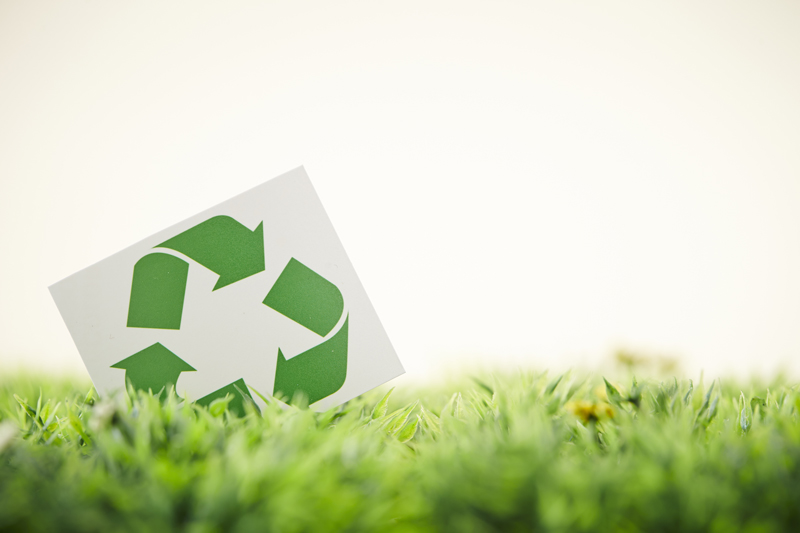
[vc_row css=”.vc_custom_1545636424214{margin-top: 30px !important;}”][vc_column][vc_column_text]
Learn How to Recycle Properly!
With people becoming more interested in becoming environmental-friendly, it’s no wonder that recycling and composting have become quite popular. Still, there’s plenty left to do to safely dispose of more types of waste.
In this blog, you’ll learn about which basic day-to-day items fall into three categories of waste: recycling, compost and rubbish. As you learn the differences between these types of waste, you’ll know how to separate them accordingly.
When items are properly disposed of they take up less space in landfills and oceans, keeping the earth a cleaner and healthier place to live. Use this guide to help you do your part to contribute to environmental health and make your home as green as possible.
Compost
The elements that make up compostable items are biodegradable, which means that they can decompose in the natural environment. With the help of microorganisms, each piece of compost breaks down into smaller components that nourish the soil and smaller organisms in the vicinity.
Because of decomposition, compost helps the earth instead of harming it. The more waste you can remove from your regular rubbish bin, the less space it takes up in a landfill and the more good it will do for the environment.
Luckily, Australia is making some progress to increase domestic, on-farm and commercial composting. According to EC Sustainable’s latest figures, Australia’s composting rate has increased in recent years due to public awareness initiatives. You can become a part of this wider movement by placing the following basic items into your personal composting area:
- Coffee grounds, filters and tea bags
- Breads and grains
- Eggshells
- Grass, tree and hedge clippings
- Landscaping waste, including weeds and flowers
- Sawdust and straw
- Fruits and vegetables
- Certain paper products, including clean paper cartons and dishes
Almost any type of food works for composting. Don’t compost meats and fats, as they attract vermin. Ash and cigarette butts aren’t compostable items, either.
Keep in mind that composting doesn’t require a garden. In fact, some communities even offer composting pickup, so contact your local government for more information.
Recyclables
Composting normally takes place in individual households as each individual resident has the ability and means to participate. But recycling requires the cooperation of the community to obtain the necessary recycling equipment.
Luckily, most communities in Australia have some form of recycling resources. To take full advantage of your local recycling opportunities, it’s important to know exactly which types of materials are recyclable.
Recyclable materials include:
- Metals, including aluminum cans and foil
- Plastics of various kinds
- Glass bottles and jars
- Paper products including envelopes, paperback books, catalogues and loose leaf
- Polythene products
Mirrors, dirty paper items and batteries are all good examples of non-recyclables. For example, a used paper milk carton is a good compostable, but not a good recyclable. To obtain more information about your local recycling standards, contact the recycling and waste management providers in your area.
Rubbish
After you’ve divided your waste into categories including compost and recycling, whatever is left consists of non-recyclable or non-biodegradable materials. Because remaining items end up in landfills, it’s best to eliminate everything you can before regular disposal.
Not only is dividing your waste good for the environment, but it also helps to lessen waste that could seep into your water supply. Before throwing something into the bin for good, make sure there’s no way to reuse or donate it.
Some specific examples of rubbish include:
- Broken glass
- Used hygiene products
- Diapers
- Crisp bags
If you are interested in disposing your rubbish in more environmentally-friendly ways, consult your local waste removal experts. They can tell you about the exact waste disposal guidelines for your area. If you’re looking for ways to dispose of large amounts of waste, contact a skip bin provider today.
[/vc_column_text][/vc_column][/vc_row]
Backyard Bins Team
“ [rcblock id="2165"]”